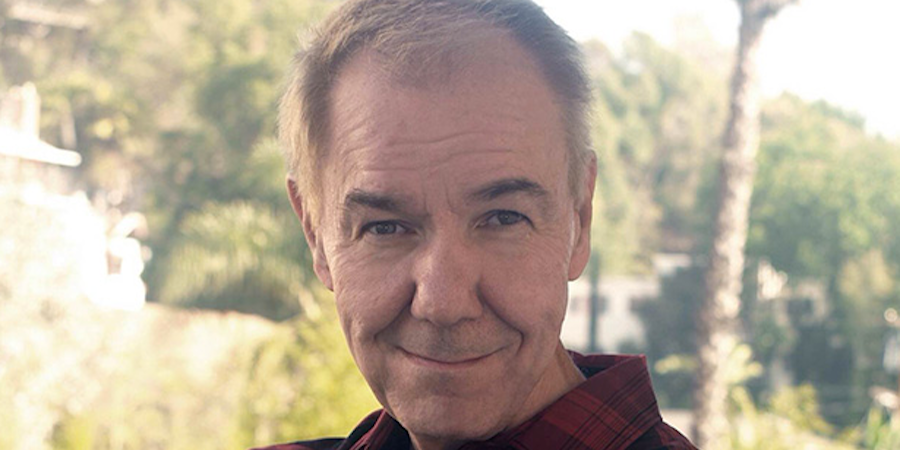Late last month, legendary comic writer Gerry Conway made waves across the industry when he called out DC Comics for what he characterized as "obnoxious and despicable" equity policies. The complaints stemmed from the fact that, through the complicated logic of derivatives, he was not receiving creator credit or payment for the character of Caitlin Snow/Killer Frost as she appears on The CW's "The Flash." Conway and Al Milgrom had created the original Killer Frost, Crystal Frost, back in 1978.
Following Conway's Tumblr post, DC issued a statement saying their policies had not changed in the way Conway had suggested. Furthermore, they promised they were "looking to build off of and improve on current practices by finding ways to increase the frequency of such payments and to proactively compensate equity stakeholders above and beyond the usual standards when their characters are the driving principals of new productions."
Multiple members of DC's staff, including Co-Publisher Dan DiDio and Chief Creative Officer Geoff Johns, also reached out to Conway directly. Conway expressed appreciation for their conversations, and offered some advice on how they could alter the policies to better suit creators. He even said that DiDio had expressed interest in talking to him about revitalizing one of his original creations, Firestorm, for the New 52.
Now, some two weeks after his initial post, Conway has issued a public apology to DiDio, Johns, Co-Publisher Jim Lee, and Vice-President of Talent Relations Larry Ganem. Though he opened by saying he stands by his basic argument against DC's policy regarding "derivative" characters, he said he needs "to walk back pretty much everything else, especially my characterization of the motives of the men involved in developing, explaining and implementing DC's creators equity program."
"Let's just say I ascribed motives to people that were 180 degrees opposite to their actual intentions," Conway wrote. "Geoff, Dan, Jim, and Larry sincerely want to do the right thing by creators. I didn't give them the proper credit for that; I interpreted a disagreement about process as evidence of malign intent. In so doing, I hurt people who didn't deserve it, and offended people who were trying to help me."
He went on to relate the situation to a personal relationship he had with a high school friend. Their friendship had crumbled, but it wasn't until they reconnected years later that he realized it was his own behavior that caused the rift, not his friend's actions as he'd believed for so long. Similarly, he blamed DC for the bad terms on which they parted ways in the '80s, but now he's "reconsidered my interpretation of that leaving, and I've accepted my own considerable contribution to the collapse of my business relationship with the company."
Conway admitted that when he returned to comics, he was unconsciously "looking for proof that the DC Comics of today was the same DC Comics I fought with thirty years ago." He continued, "As Geoff Johns very kindly pointed out to me when I tried to explain my reason for carrying a grudge over the last dealings I had with the company, 'Gerry, you're talking about things that happened when I was twelve years old.'
It was a horrible, humiliating lightbulb moment.
I'm not just an ass, I'm a jackass."
Read Conway's full apology on his Tumblr page.

